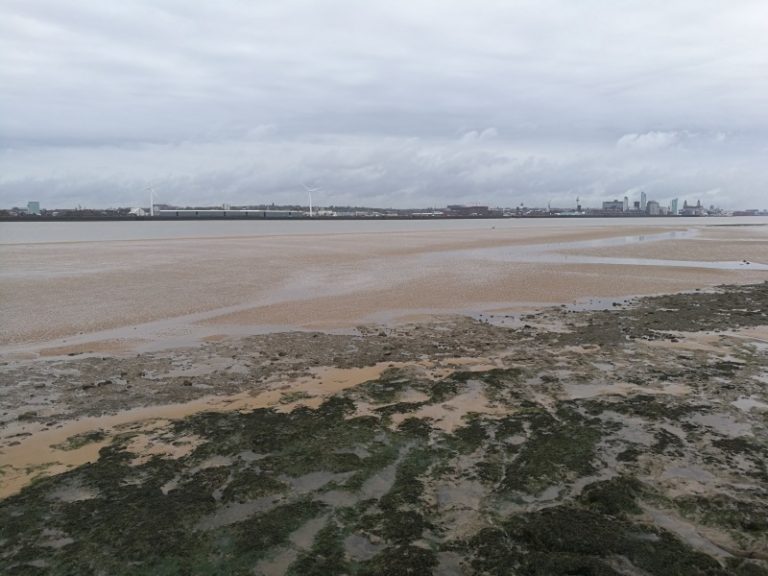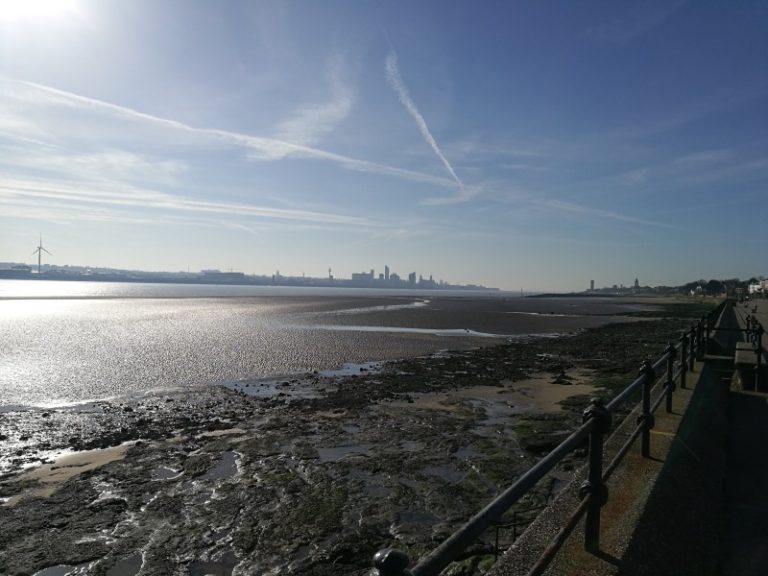Eight Questions About Contribution
Having trouble putting your research contribution into words? Or want to reflect on it in new ways? Try the following questions to take a fresh look at what you’ve done for your PhD. (and if you’re writing up, these questions might help you to unpick some new thoughts about your work)
- What’s the most interesting part of your research?
- What do you think will influence other people’s work?
- Why had no-one else explored this topic in this way before?
- What feedback have you had about your research and its merit?
- What do you see the defining contribution of your thesis as being?
- What else did you find along the way?
- How can your work be best explained?
- How could you take your work further?
Spend some time in your viva prep thinking, writing and talking about what your contribution means.
Bonus Question! What kind of difference does your research make to your field now that it is done?


